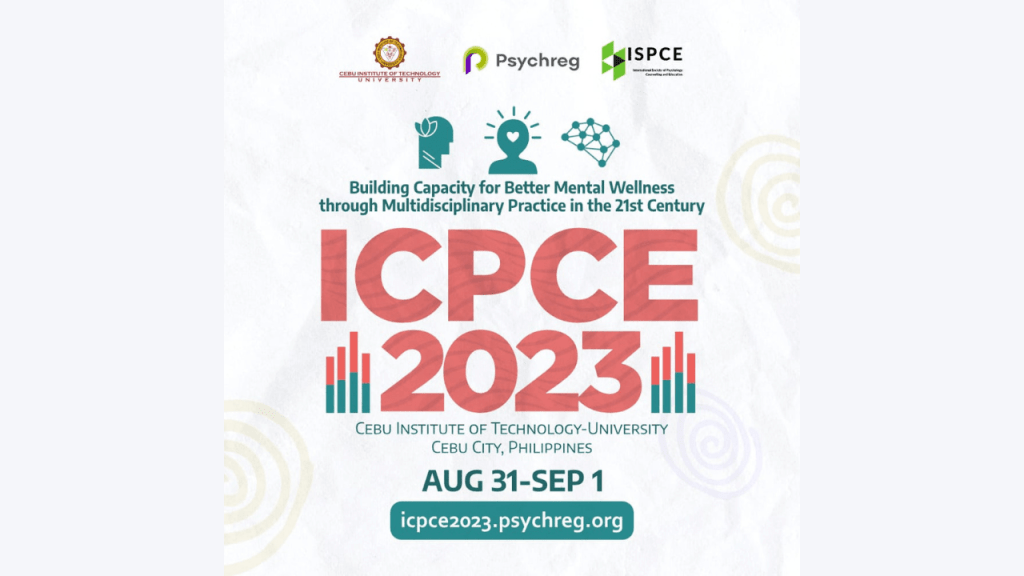You’ve likely heard the phrase “you are what you eat”, but have you ever considered how deeply your diet impacts your physical health, mental well-being, and focus too?
Welcome to the world of nutritional psychology, where scientists steadily uncover the profound connection between our diet and brain function.
This guide will delve into the power of nutrition, highlighting foods that can enhance cognitive performance, nutrients vital for mood enhancement, and dietary strategies for improved concentration.
It’ll also touch on the importance of balanced eating for overall well-being.
Whether you’re simply curious or actively seeking ways to optimize your mental health, this guide offers insights that will challenge your perception of the role of food in your life.
Let’s unlock the power of nutrition together, taking control of our mental health and focusing on one meal at a time.
The connection between diet and brain function
You might not be aware, but what you’re eating can significantly impact your brain’s functions, so let’s uncover the intriguing connection between your diet and brain function.
The foods you consume do more than just fill your stomach; they also fuel your brain. The nutrients in your diet profoundly affect your cognitive functions, impacting your memory, concentration, and overall mental health.
Research shows that certain nutrients like omega-3 fatty acids, antioxidants, B vitamins, and iron play a crucial role in brain health. These nutrients help maintain the structure and function of your brain cells, regulate neurotransmitters, and reduce inflammation, all vital for optimal brain health. On the contrary, a diet high in processed foods, saturated fats, and sugars can contribute to cognitive decline, depression, and anxiety.
A well-balanced diet is an essential part of maintaining a healthy brain. However, it’s not just about what you eat but also when you eat. Regular meals and snacks can help stabilize your blood sugar levels, preventing mood swings and energy dips.
We will explore foods that can boost cognitive performance as we delve deeper into this topic.
Foods that boost cognitive performance
Imagine a breakfast plate overflowing with blueberries, avocados, and whole grains; that’s your front-line defense for boosting cognitive performance. These foods are packed with essential nutrients that play a key role in enhancing mental sharpness, concentration, and memory.
Blueberries, for instance, are rich in antioxidants that delay brain aging and improve memory. Avocados are high in healthy fats that support brain function, while whole grains give your brain the energy to stay sharp and focused.
The omega-3 fatty acids in fatty fish like salmon and trout are also essential for brain health. Studies show that people who eat plenty of these fish have sharper minds and are less likely to develop mental disorders. They also have an easier time staying focused and completing tasks that require brainpower.
Nuts, especially walnuts, almonds, and seeds like flaxseeds and chia seeds, are also excellent cognitive boosters. They contain high levels of DHA, an Omega-3 fatty acid that improves cognitive performance.
Eating a diet rich in these foods can help you unlock the power of nutrition in your mind. But cognitive performance isn’t the only area of mental health that can be improved by diet. Next, let’s delve into how certain nutrients are essential for mood enhancement.
Nutrients essential for mood enhancement
Feeling a little down or stuck in a mood rut? It’s incredible how the right foods can provide a natural lift and help balance your emotions. Nutrient-dense meals containing essential mood-boosting elements can invigorate your spirit and optimize your mental health.
Firstly, Omega-3 fatty acids, found in fatty fish like salmon and flaxseeds, are crucial for brain health and mood regulation. Deficiencies can lead to mood swings and depressive symptoms.
Secondly, B vitamins, especially B6, B9, and B12, are essential for producing serotonin, a neurotransmitter that regulates mood. You’ll find these in lean meat, eggs, and leafy greens.
Lastly, do not underestimate the power of vitamin D. Low levels can lead to mood disorders, including depression and seasonal affective disorder. Sunshine is the best source, but you can supplement it with fortified dairy products and oily fish.
When considering ADHD foods to avoid and incorporating mood-enhancing nutrients into your diet, it’s essential to understand that immediate mood boosts may not be experienced. However, over time, you’re likely to notice an improvement in your overall mood stability.
By grasping the connection between nutrition, mood, and ADHD, you can make more informed dietary choices contributing to better mental well-being. Remember that a balanced diet, free from foods that may exacerbate ADHD symptoms, can significantly support your emotional health and manage ADHD effectively.
Let’s focus on dietary strategies for enhanced concentration, another critical aspect of mental health optimisation.
Dietary strategies for enhanced concentration
Struggling to keep your thoughts in order and maintain concentration can be incredibly frustrating, but it’s amazing how the right dietary changes can help you regain control.
Firstly, incorporate foods rich in Omega-3 fatty acids, such as salmon, walnuts, and flaxseeds, into your diet. These fats are essential for brain health and improving cognitive function.
Staying your blood sugar levels is crucial to avoid energy dips and concentration lapses. Consuming whole grains, fruits, and lean proteins can help you achieve this.
Also, consider adding foods rich in antioxidants, like berries and green leafy vegetables, to your regimen. These foods fight off harmful free radicals that can damage brain cells and hinder concentration.
Drinking plenty of water is also essential for optimal brain function. Dehydration can result in fatigue and impaired thinking. Aim for at least eight glasses of water per day. And don’t forget about the importance of regular exercise and adequate sleep, which significantly influence your ability to focus.
With these dietary strategies in mind, you’re on the right path to enhanced concentration. Now, let’s delve deeper into maintaining well-being through balanced eating.
Maintaining well-being through balanced eating
Achieving overall well-being isn’t solely about focusing on physical fitness; consuming a balanced, nutrient-rich diet that supports all aspects of your health is equally vital.
This isn’t just about the physical benefits, like maintaining a healthy weight and reducing the risk of chronic diseases.
It’s also about promoting mental well-being, improving focus, and enhancing mood.
There are numerous ways to ensure your diet is balanced and full of the nutrients your body and mind need. Here are three key strategies:
- Include a variety of foods. Don’t stick to the same meals every day. Eating various foods ensures you get a mix of different nutrients.
- Prioritise whole foods. Processed foods often lack essential nutrients and are high in unhealthy fats and sugars. Whole fruits, vegetables, grains, and lean proteins are healthier options.
- Stay hydrated. Water plays a vital role in maintaining brain function and concentration.
Remember, a balanced diet isn’t just about what you eat; it’s also about how you eat. Take the time to enjoy your meals, chew thoroughly, and focus on the flavors and textures. This mindful eating can help with digestion and the absorption of nutrients, leading to better mental well-being and focus.
Takeaway
So, you’ve seen how your diet directly impacts your brain function, mood, and focus. By incorporating brain-boosting foods, key nutrients, and balanced eating habits, you’re unlocking the power of nutrition for optimal mental health.
Remember, it’s not just about eating right but eating smart. Start today and witness the positive changes for yourself.
Tim Williamson, a psychology graduate from the University of Hertfordshire, has a keen interest in the fields of mental health, wellness, and lifestyle.




























